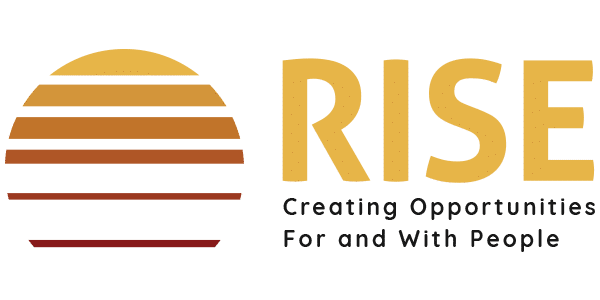Challenging Biases

It’s important that we all understand how we can challenge our own biases and be aware of how our words and actions could hurt a colleague or neighbor. Click on each tab to learn more.
Then, educate yourself to do better. Paying attention to your thoughts and examining your beliefs can help you identify your current assumptions. For example, do you believe people will always speak up when disagreeing? Do you think showing your emotions — or crying at work — is a sign of weakness? How do you feel when someone misses a deadline? Do you automatically assume that they are unproductive or incapable, or are you able to extend empathy and listen to their reasons?
Our view of ourselves is made up of our life experiences and the lessons we learn along the way. We typically develop unconscious biases because of the things we were taught and the observations we made throughout our childhoods and adolescence — at home, at school, in conversations with friends, and through the media we consumed (and still do). When someone challenges these long-held beliefs and values, it can be uncomfortable. Instead of getting defensive, pay attention to your immediate reaction. Before acting, take a breath and try to shift your mindset. Approach the situation from a place of curiosity and positive intent.
It’s human to crave affirmation, and it can be difficult to hear constructive criticism. But doing right by people requires that you constantly look at how your behaviors, actions, and words impact your team. Listen with the intent of learning something new. Remind yourself that honest feedback will help you grow and develop self-awareness.
You shouldn’t just receive feedback from people whose world views vary from your own, you should make an effort to regularly interact and build meaningful relationships with them. Even if you end up engaging in healthy debates, the experience will broaden your mindset and encourage you to become a more inclusive (and creative) person. Cultivating a diverse network is a great way to do this. Another way is to participate in our monthly Dialogue Circles. This space and time allow for open discussions to ask questions and explore topics that may be unfamiliar.
Watch this short video to learn more. Answer questions as they appear.
Additional Interactive Content Examples
Image Gallery Example – Agamotto Style
Lighting, decorations and arrangement can make a huge difference in how a room feels. Move the slider to see how a boring waiting room can become a comfortable, welcoming environment!
Drag and Drop Example – Text Block Style
Drag and Drop Example – Image Block Style
Image Hotspot – Hidden Hotspots
